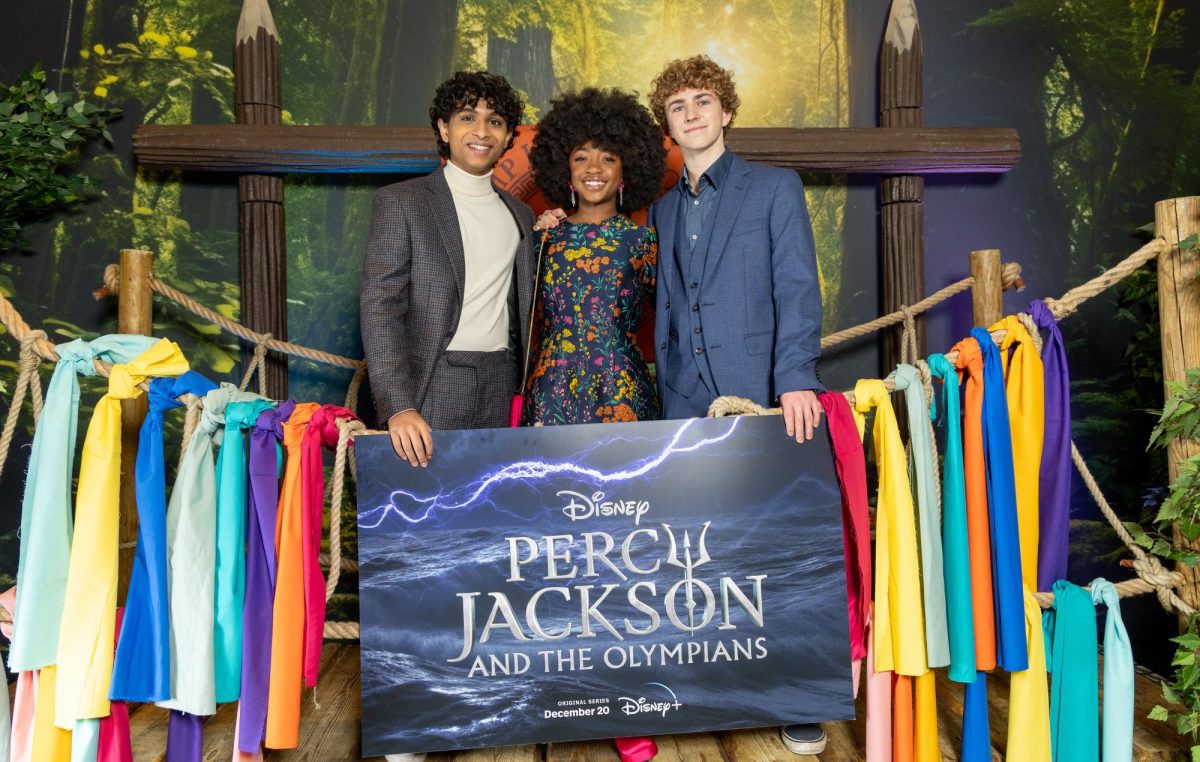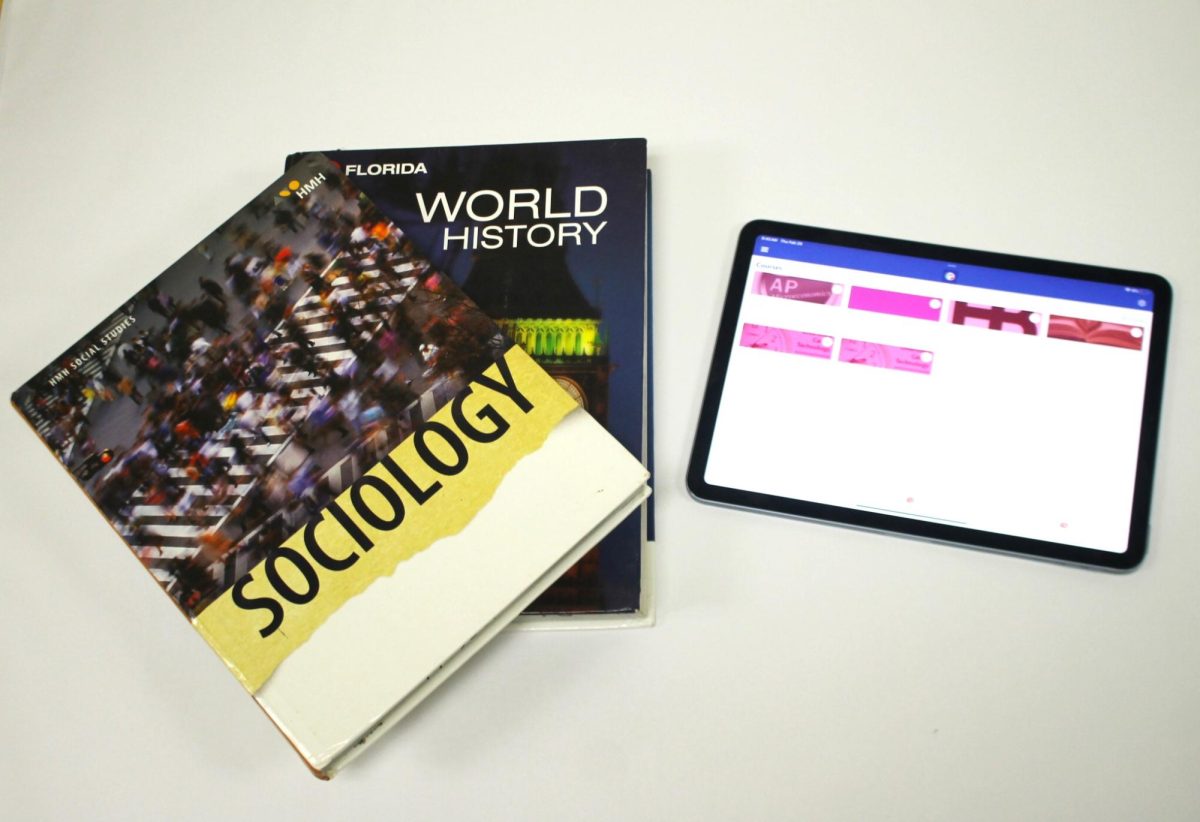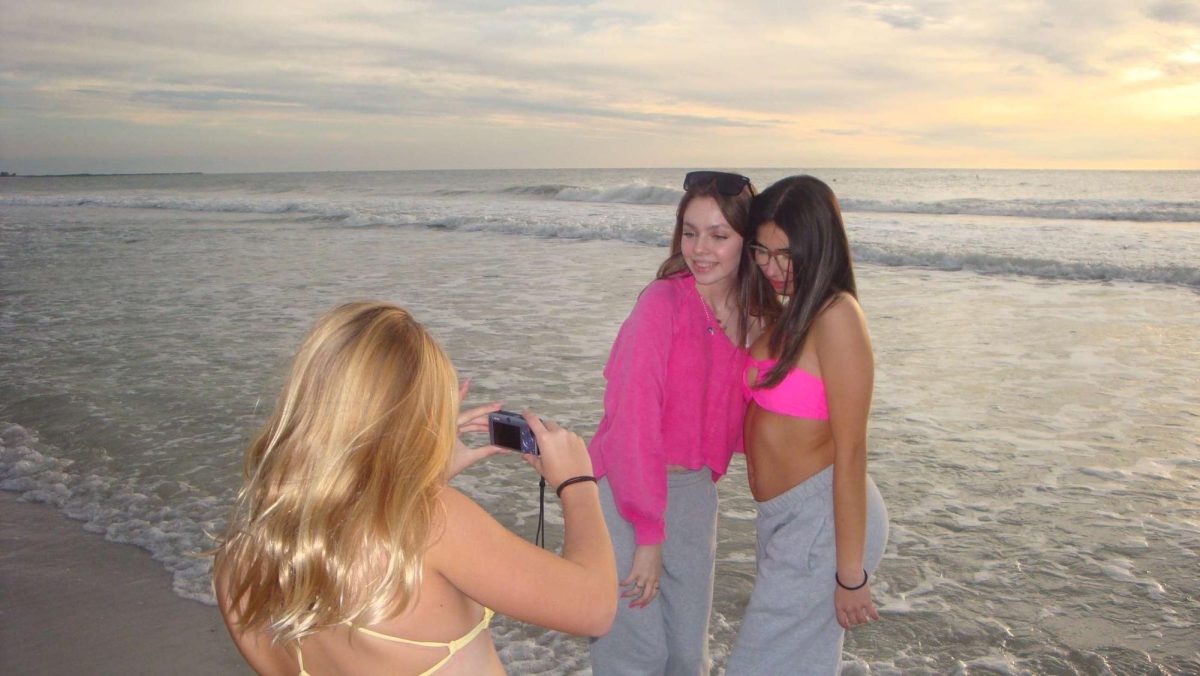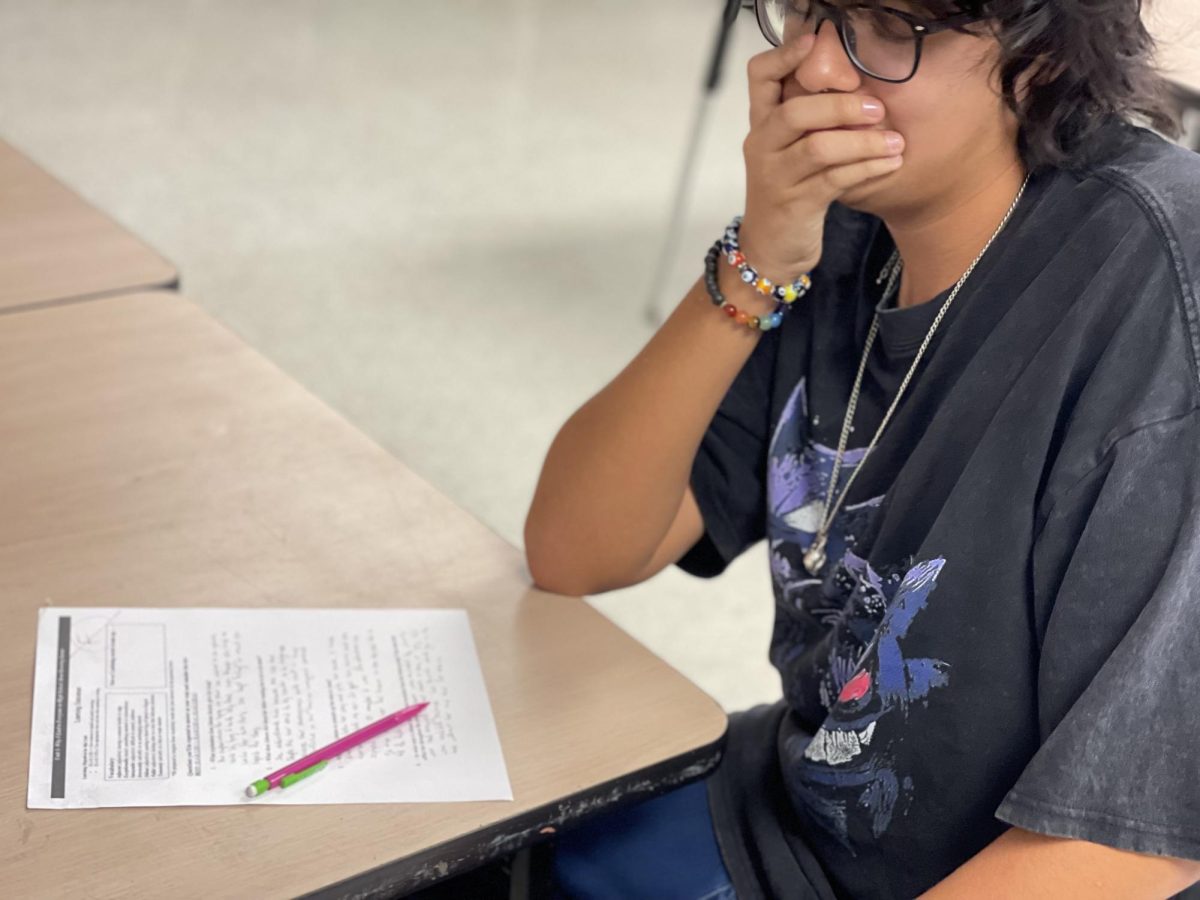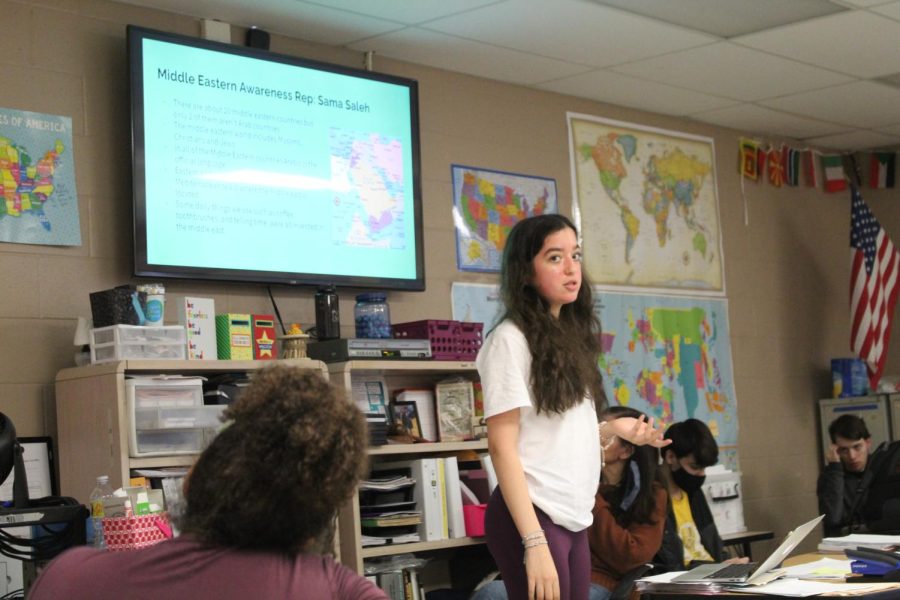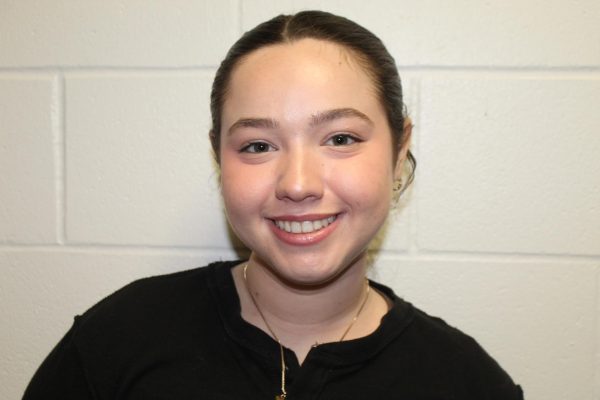Middle Eastern Awareness
Students bring awareness to the Middle-Eastern community in schools during the GEM Club meeting.
Taking up in the front of the class Saleh presents her experiences as a Arab in school and everyday life. Taking place at the GEM meeting, they take up the new topic of Middle Eastern awareness, starting with Saleh’s story.
February 6, 2022
The Global Empowerment Club (GEM) members turned their attention toward the front of the classroom as Sama Saleh (‘25) shared topics about hate and stereotypes of the Middle Eastern community. Saleh’s parents were born in Iraq and moved to America. On Wed., Jan. 27, at the ninth GEM meeting the co-presidents of the club, Sofia Chianella (‘23) and Brooke Ealy (‘23), welcomed Saleh to the floor to represent the Middle East.
According to Saleh, there are 20 middle eastern countries, two of which are not Arab countries, including Palestine, Egypt, Iraq, and Syria. Saleh informed the GEM club members of the religions, culture, and products from the Middle East.
“The Middle Eastern world includes Muslims, Jews, and Christians. In all Middle Eastern countries Arabic is the official language. Eastern and some southern shores of the Mediterranean sea is where the Middle East is located. So daily things that we use, such as coffee, tooth brushes, and telling time were all invented in the Middle East,” Saleh said.
After Saleh shared some of her facts about her homeland, she played a video on the screen. The video depicted Arab Americans telling their story about how they have been treated by their friends and strangers because of where she’s from. Following the end of her video she shared what she experienced in school and with friends.
“Some bad issues Arab Americans have experienced include racism in school, like discrimination against culture and their homeland. I, for one, have been made fun of because of my food and how different it looks. And I have also been mistreated by teachers just because I am from a different background, I was graded biasly and they kept talking about politics,” Saleh said.
Even through her bad experiences Saleh still shared positives. During the meeting, Saleh was very open to questions and made the meeting not just about hate and stereotypes.
“There are also good experiences that include people that are open-minded, and value what you have to say about your culture. I had a history teacher last year and we were talking about Iraq. She had said misleading information about that country, and because I’m from there she offered for me to talk about the country because she was not that educated about it,” Saleh said.
At the end of Saleh’s speech she introduced the activity of the meeting. Ms Heather Daniel (FAC) brought in evil eye gems, so that the members of the club could make bracelets to wear throughout school. The evil eye originates from the Middle East and is known to bring good luck and protect whoever wears it. Flowing into the next month, the GEM club will be bringing awareness to Black History month with Ceyphora Wamba (‘24). She, as a black teenager, plans to talk about her story and bring awareness to the school, starting with the GEM club members.


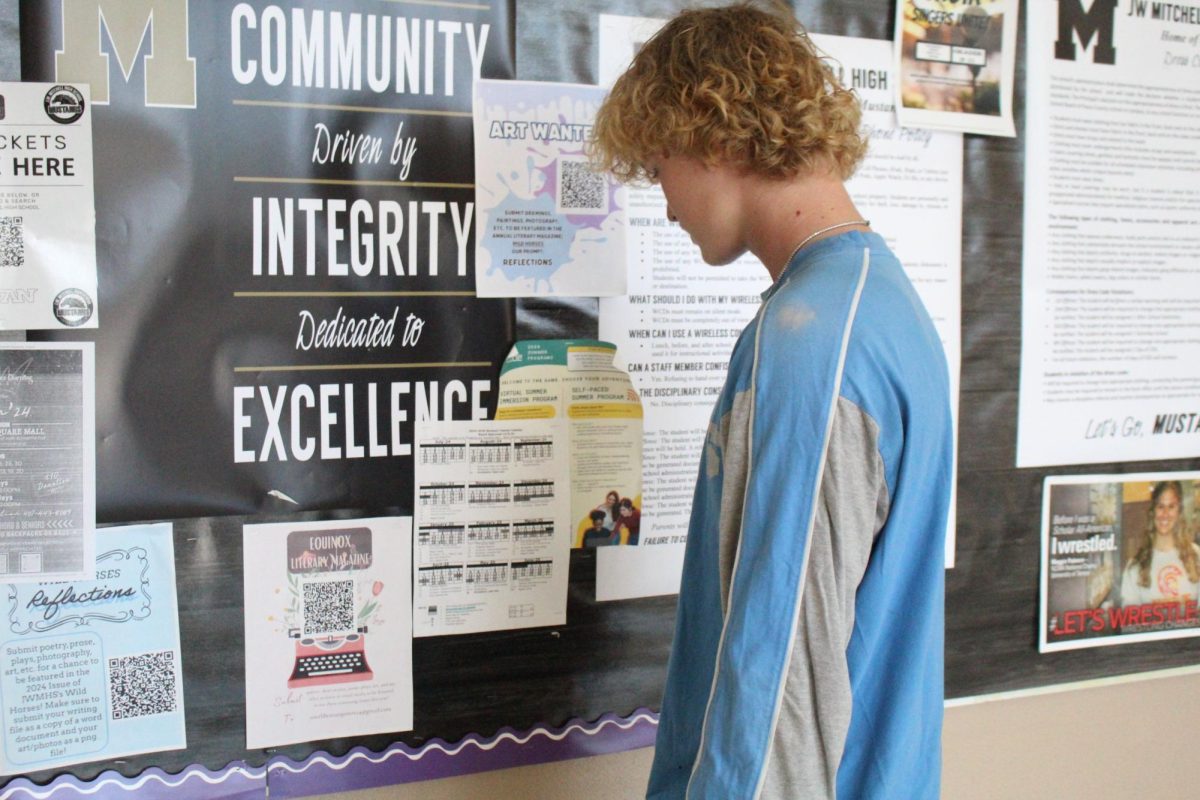
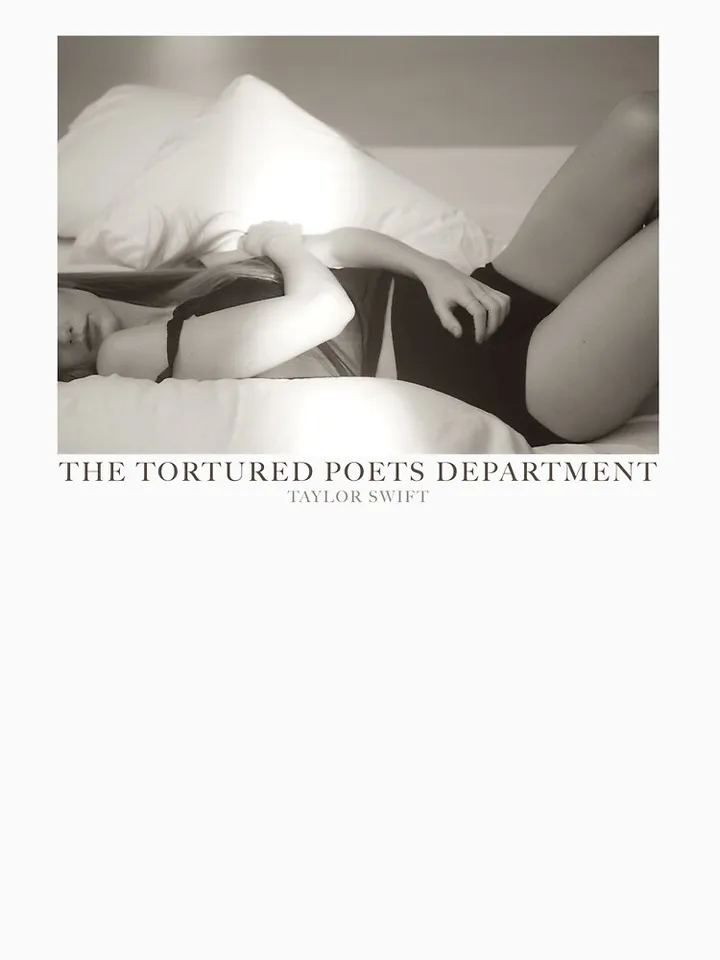
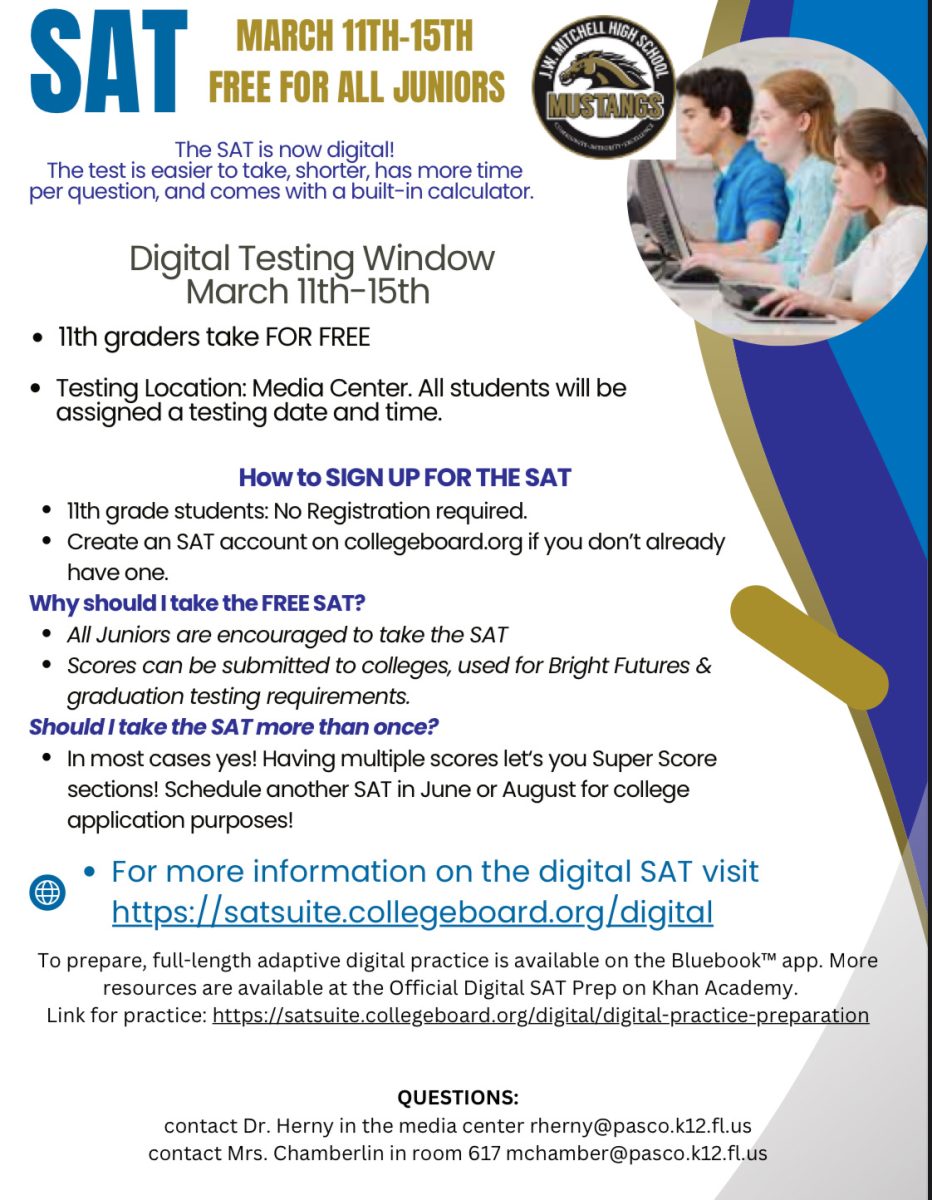
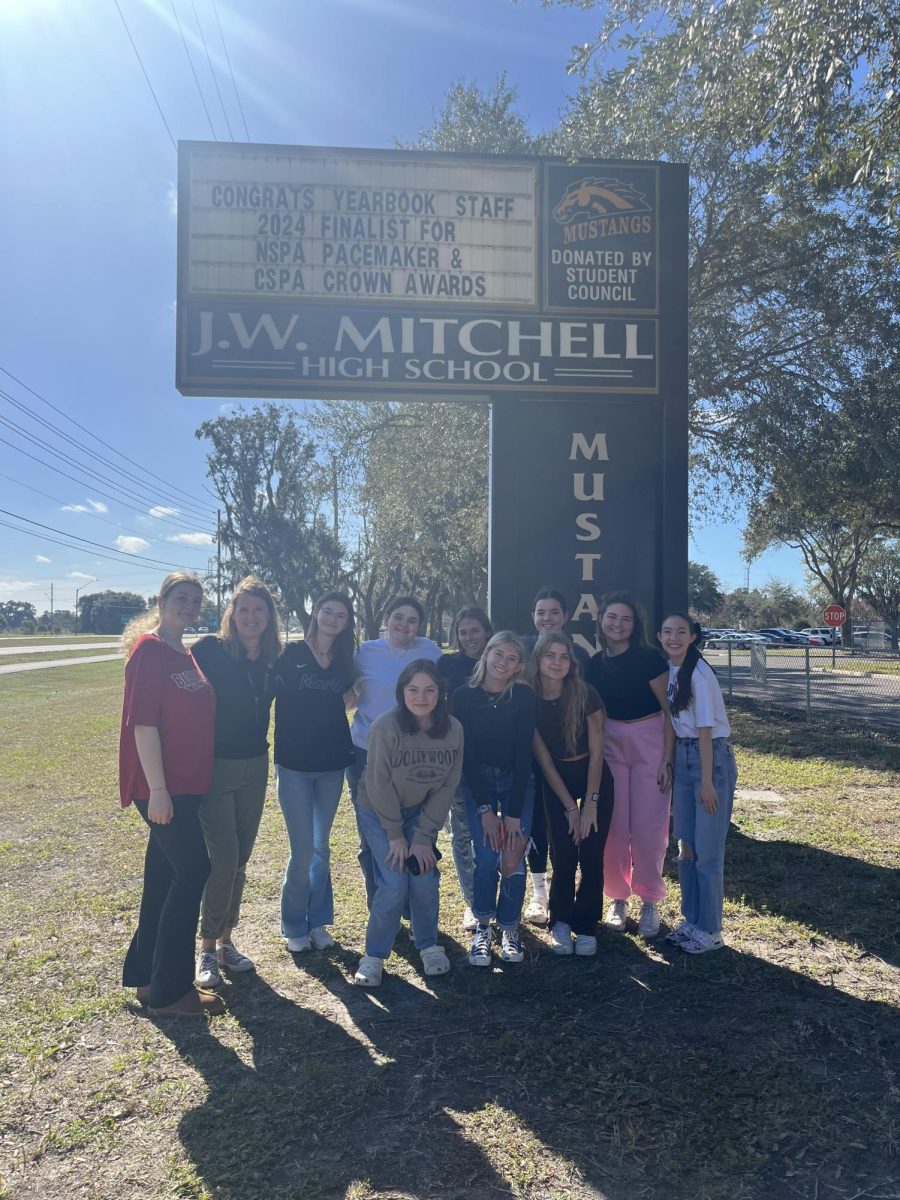
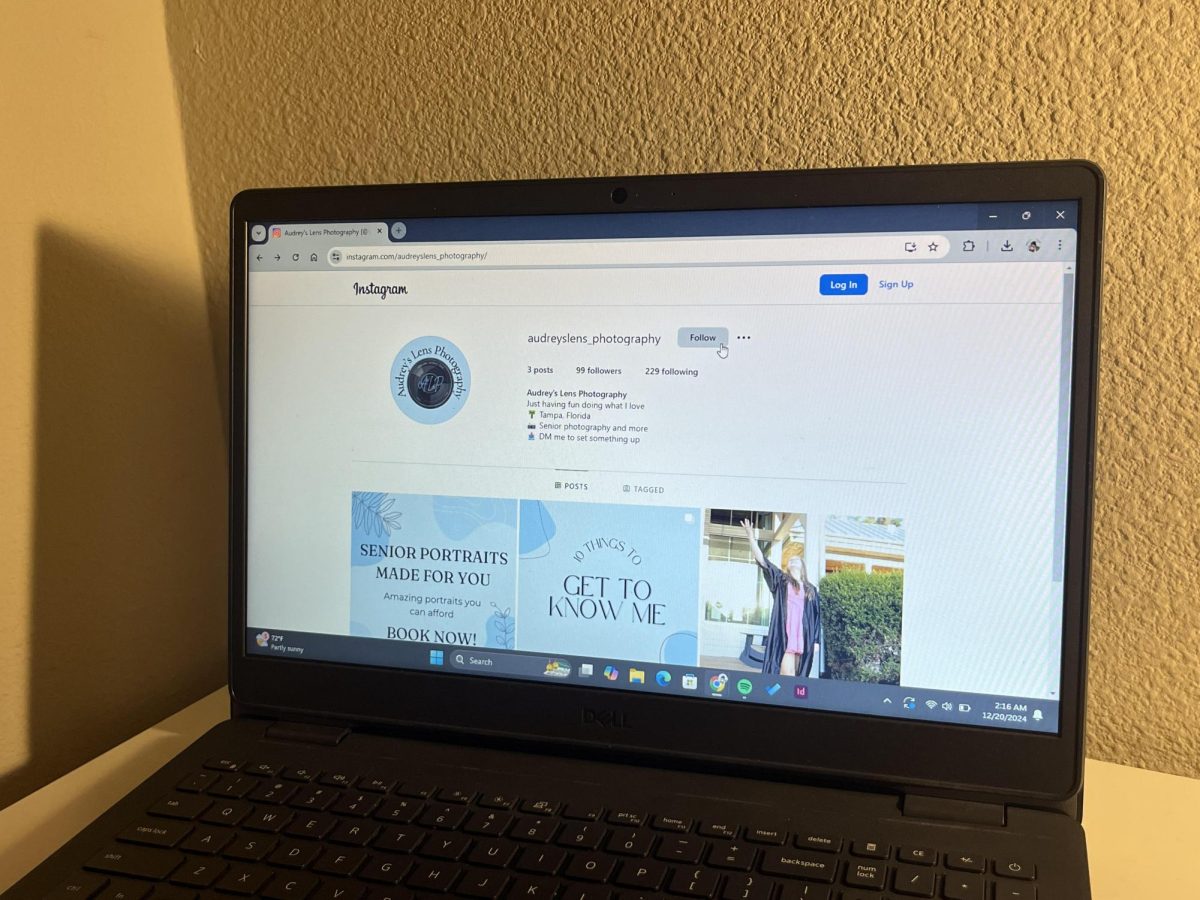
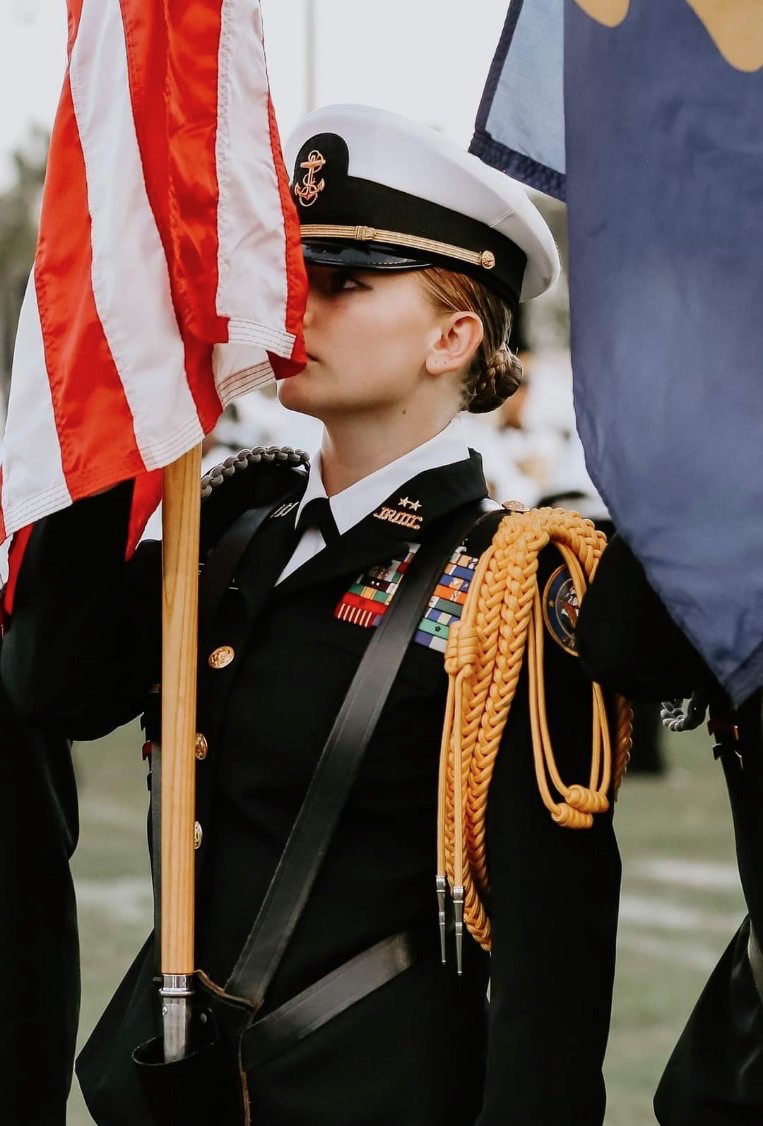
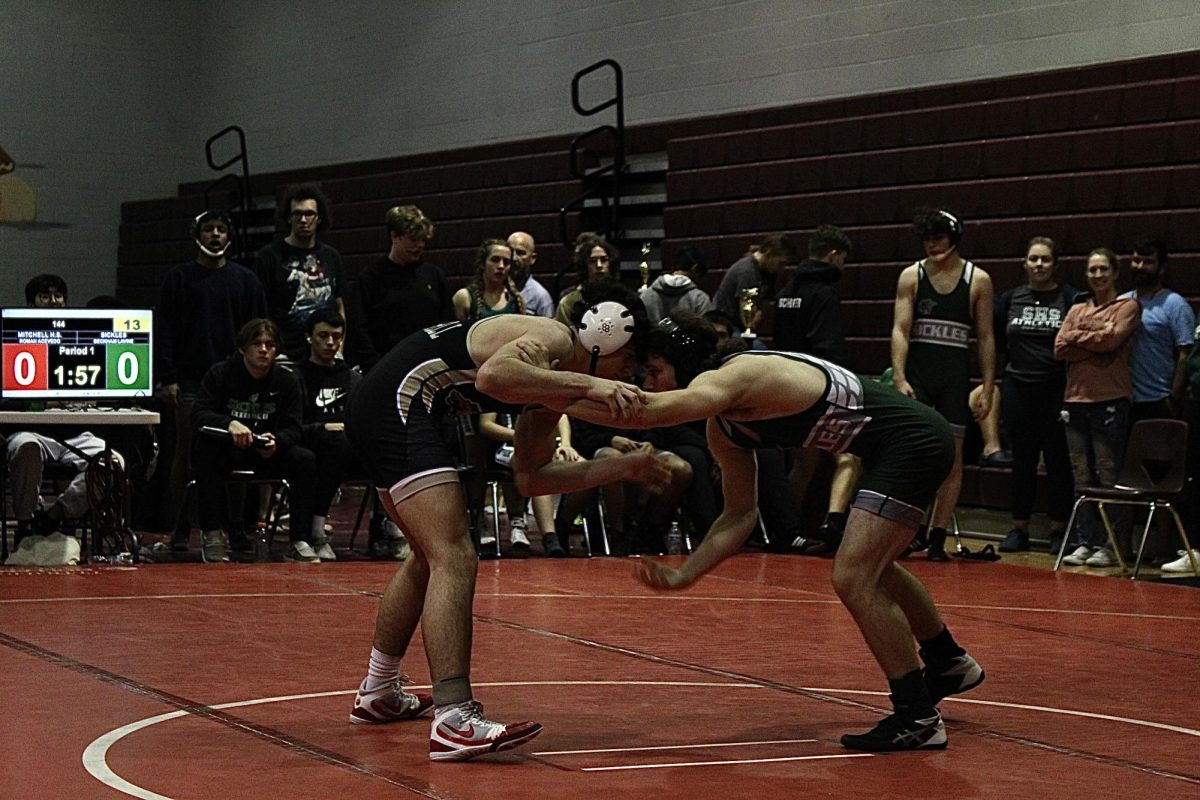
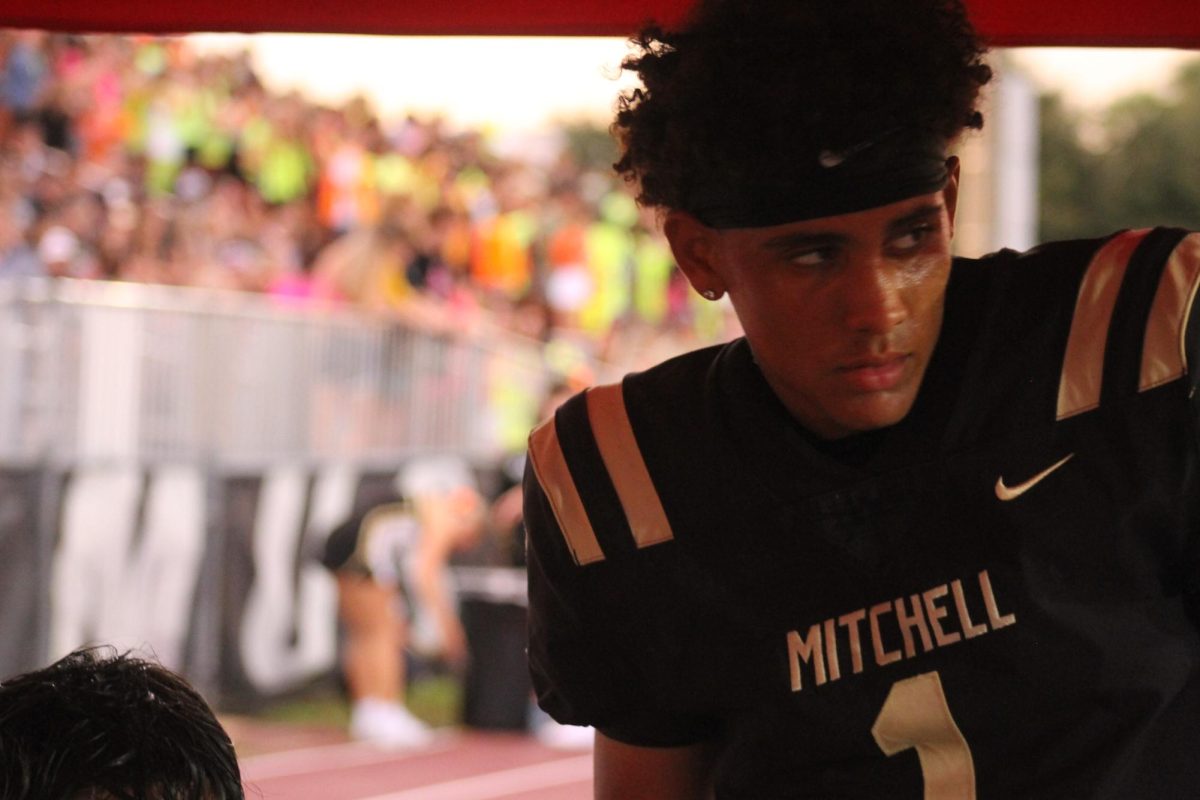
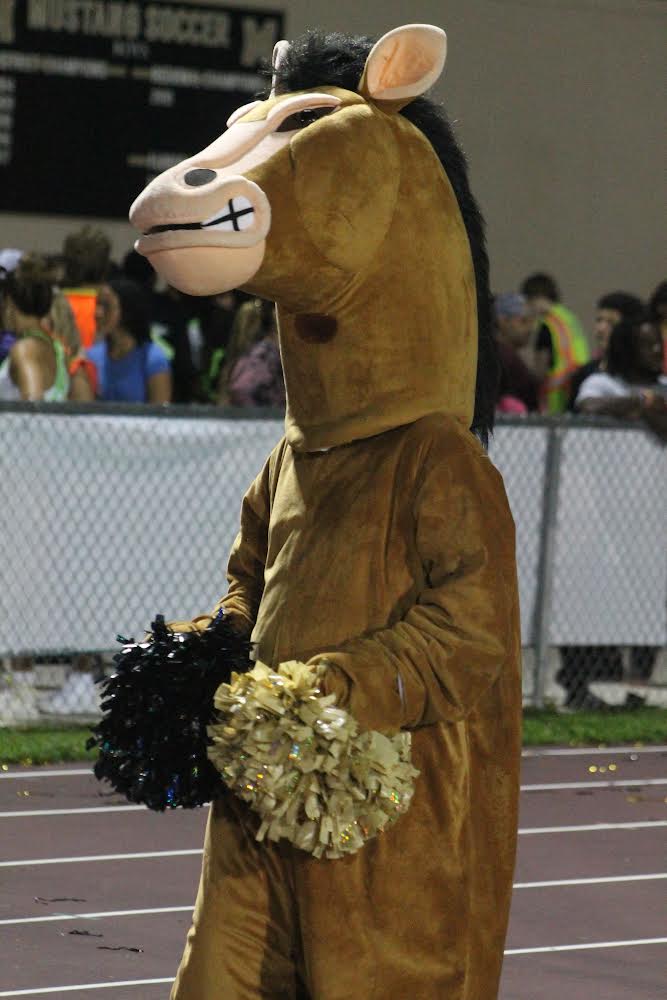
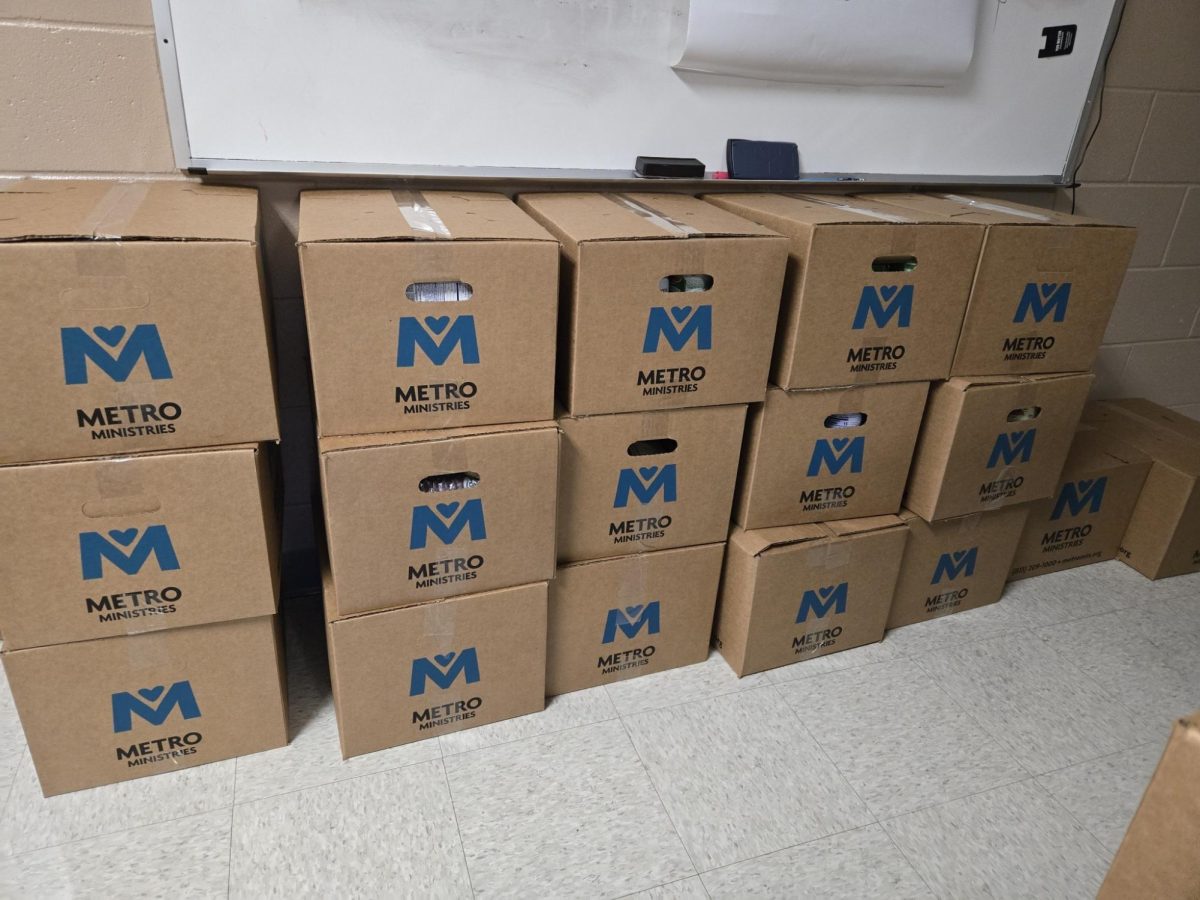
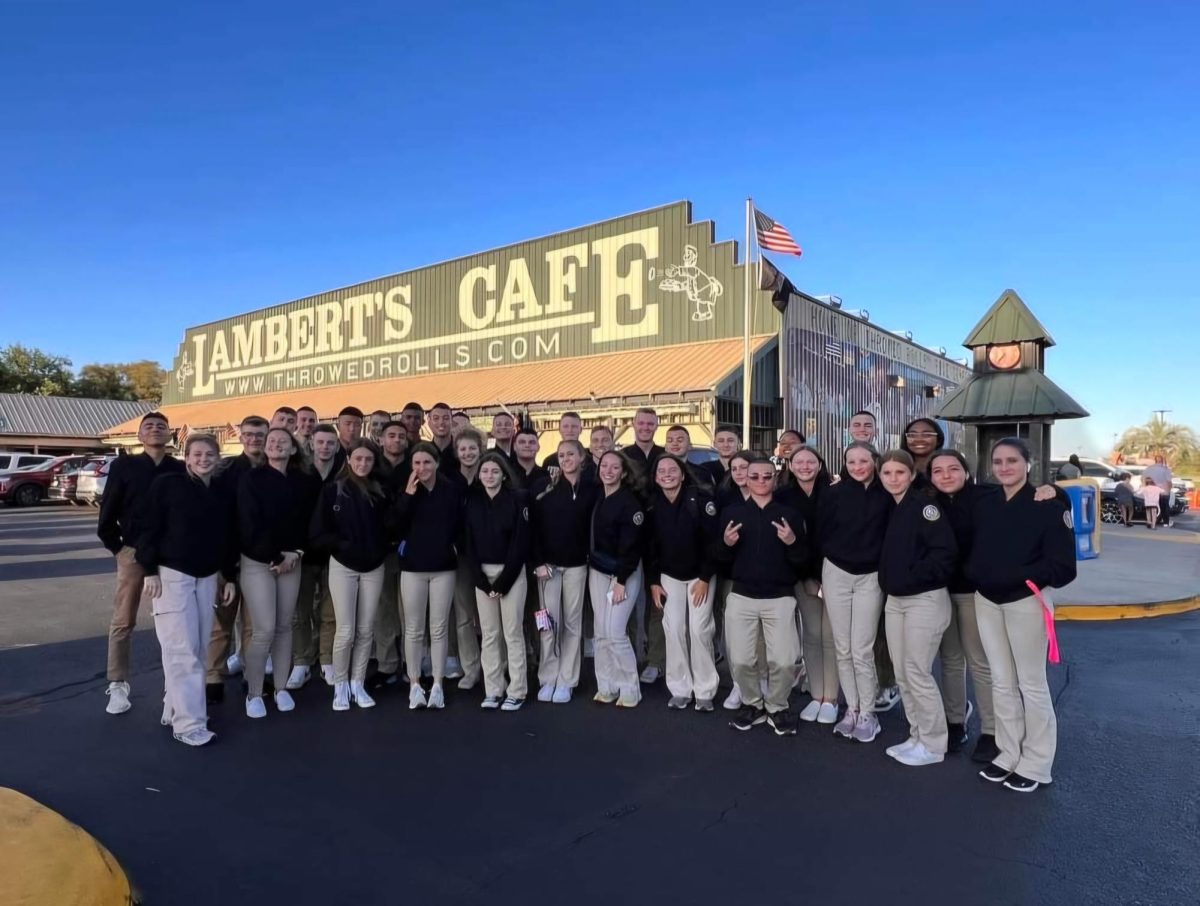
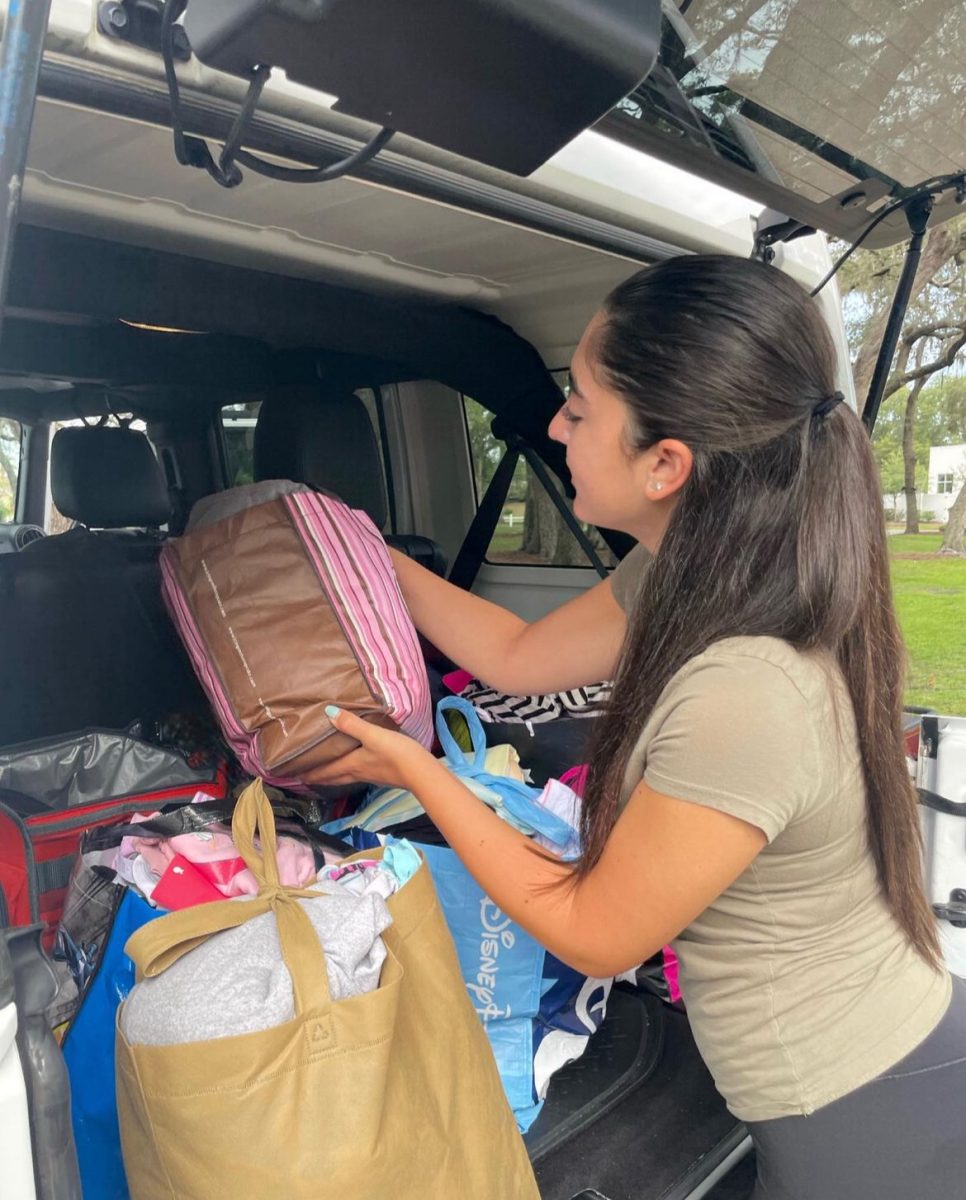

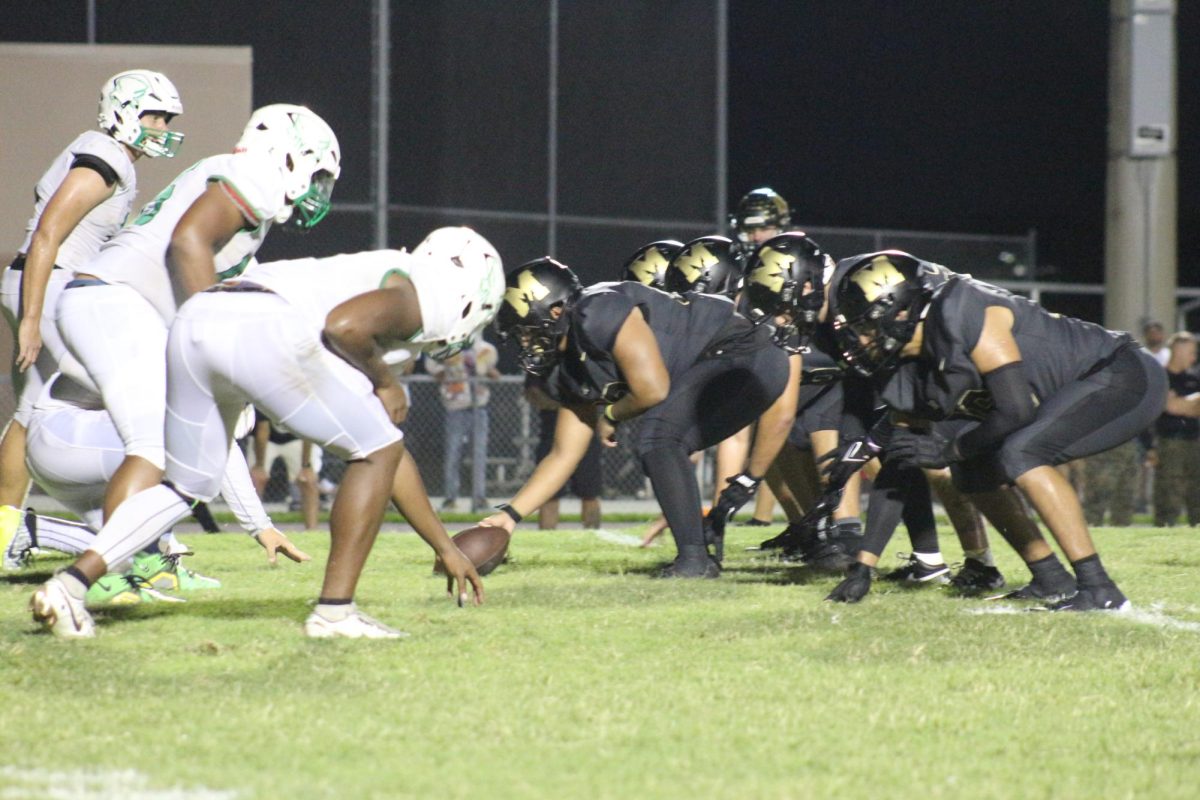
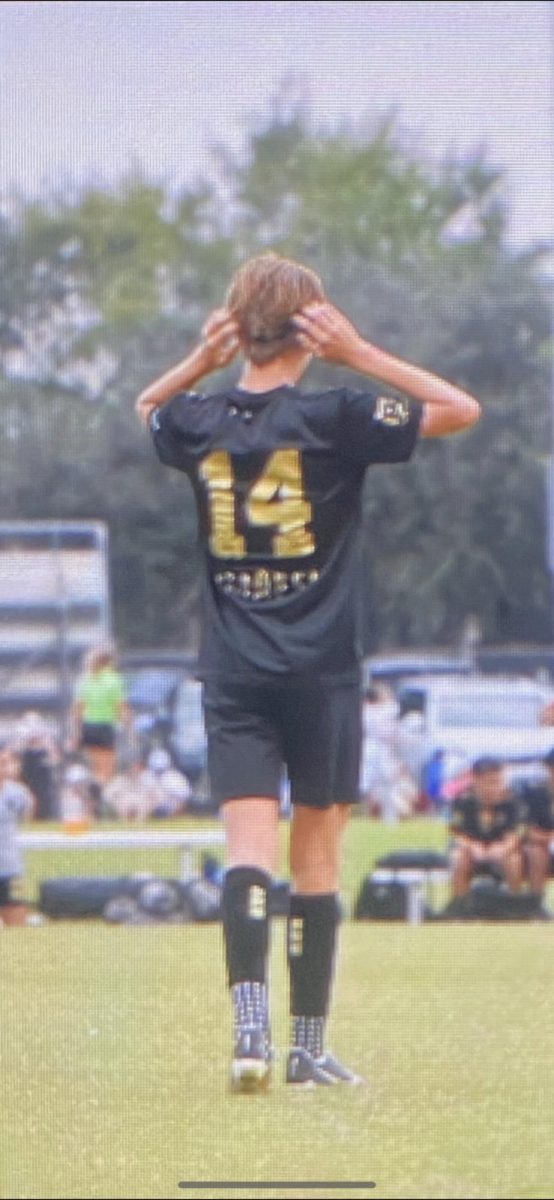
![Colin McRaven ('24) prepares to pitch the ball to an Anclote batter during the Varsity pre-season game."I like striking people out, since it's fun. The game against Anclote was pretty easy because they were less talented than our team and [I think] we were better than them in every aspect," Colin McRaven ('24) said.](https://jwmhshoofbeat.com/wp-content/uploads/2024/03/IMG_1538-1200x928.jpg)
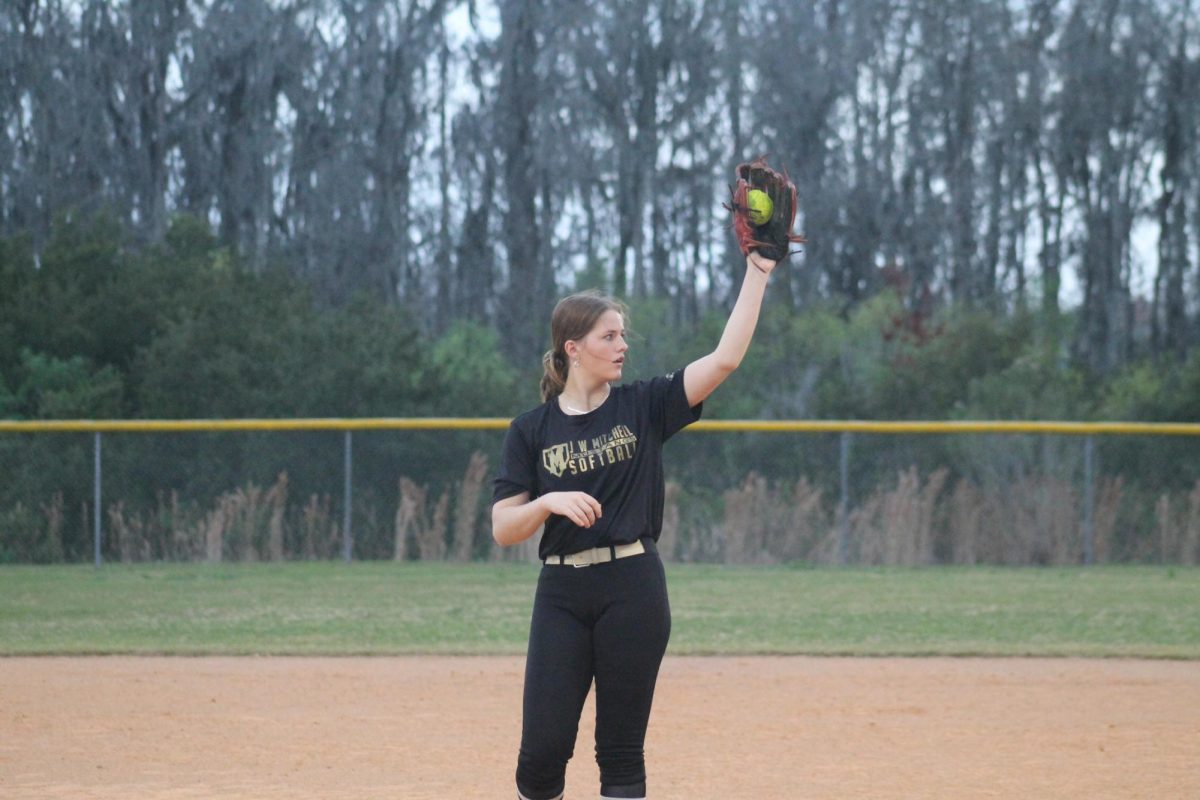
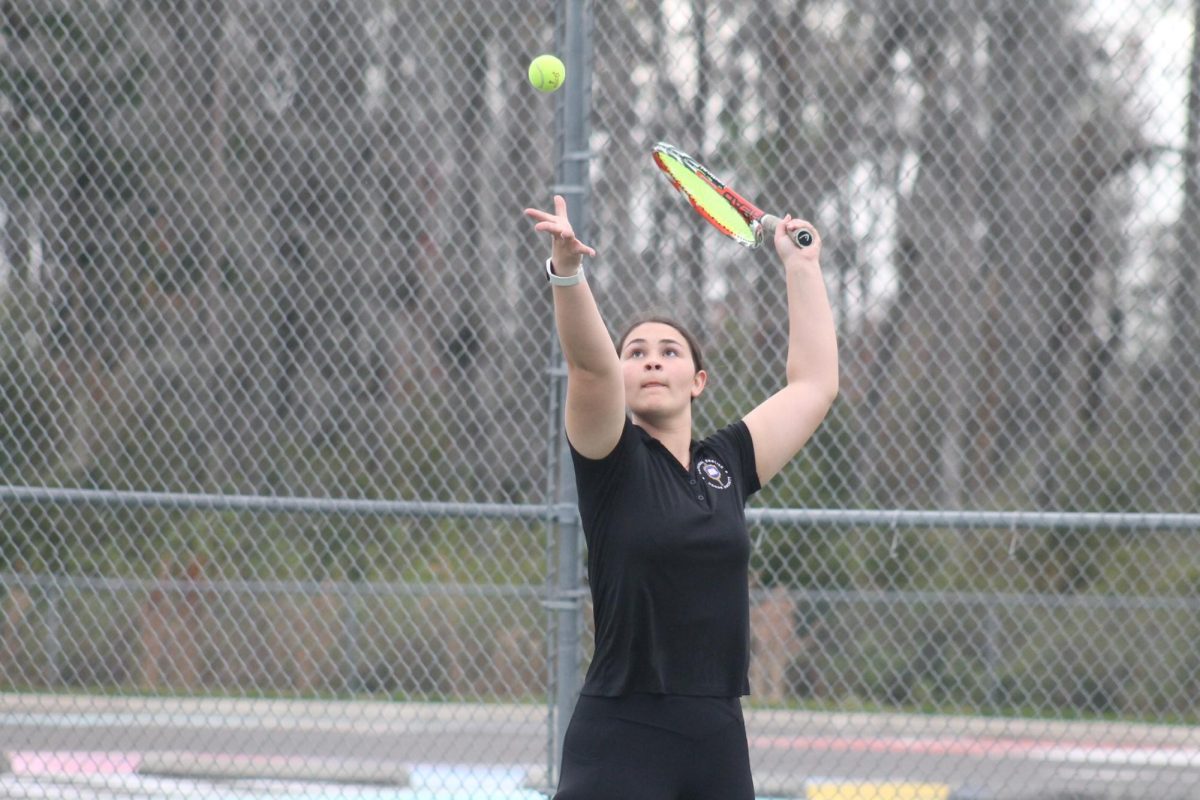


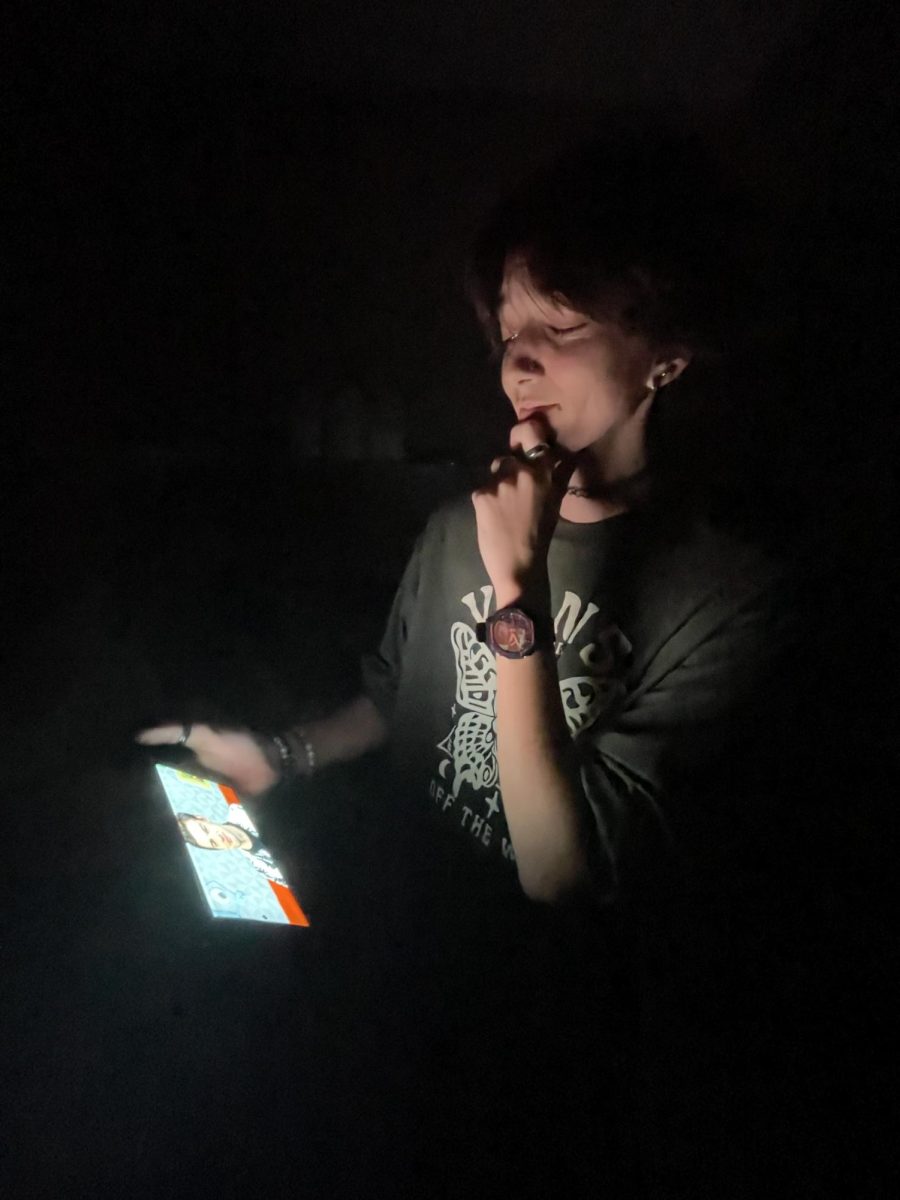


![Meryam Ghobrial’s (’27) Spotify Wrapped provided "genre" for the month of April. “Some other people got the same [AI generated] genre name for different artists of the same genre” Ghobrial said. Photo provided by Meryam Ghobrial.](https://jwmhshoofbeat.com/wp-content/uploads/2025/02/unnamed-555x1200.png)
